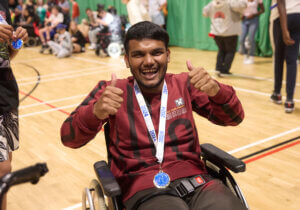
Mobility in Motion Announces Strategic Partnership with WheelPower to Champion Inclusive Mobility
Mobility in Motion and WheelPower team up to expand awareness of vehicle adaptations and disability sport...

Mobility in Motion and WheelPower team up to expand awareness of vehicle adaptations and disability sport...
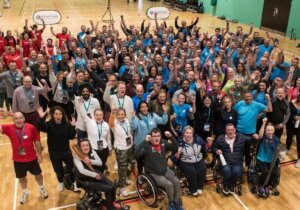
Clyde & Co raises over £30,000 for wheelchair sports charity WheelPower by hosting second event to raise awareness of the importance of sport in the r...
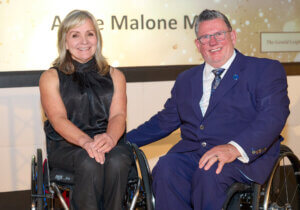
The two inductees were wheelchair basketball player Terry Bywater and wheelchair curler Angie Malone MBE ...
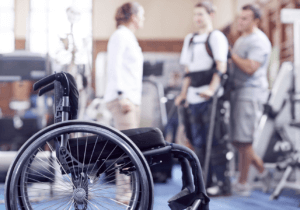
New data reveals the number of people injured or diagnosed with a spinal cord injury is approximately double that previously estimated....
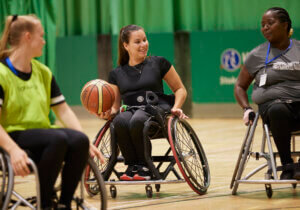
Handling the complexities and challenges of life after a spinal injury is difficult, but it can be accomplished with courage, resilience and support...